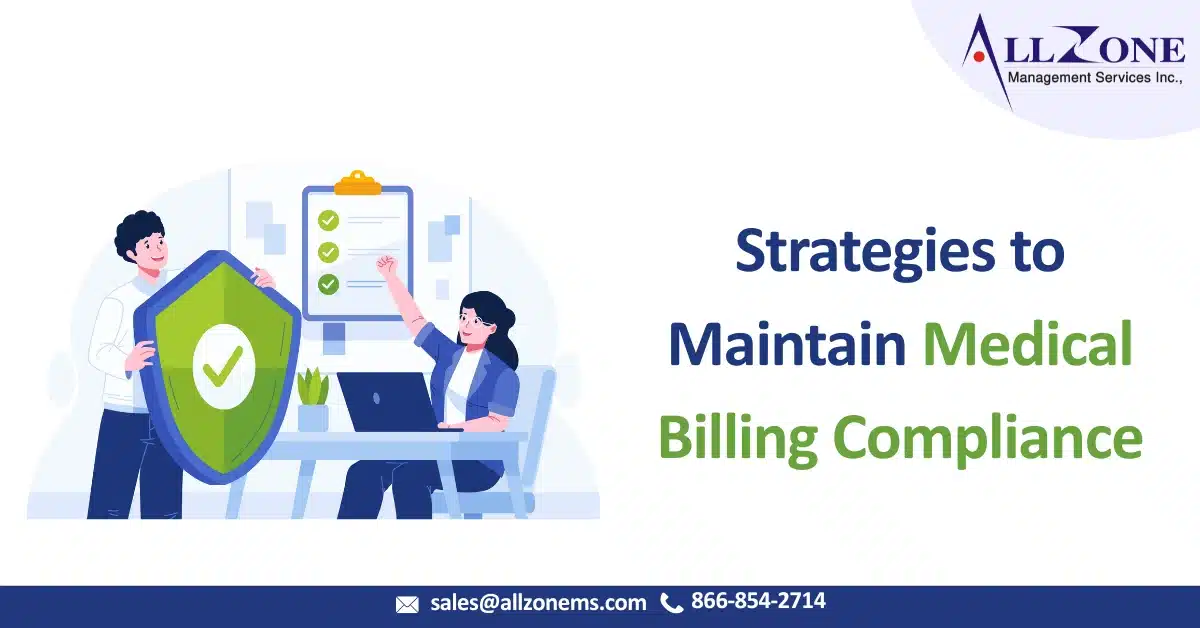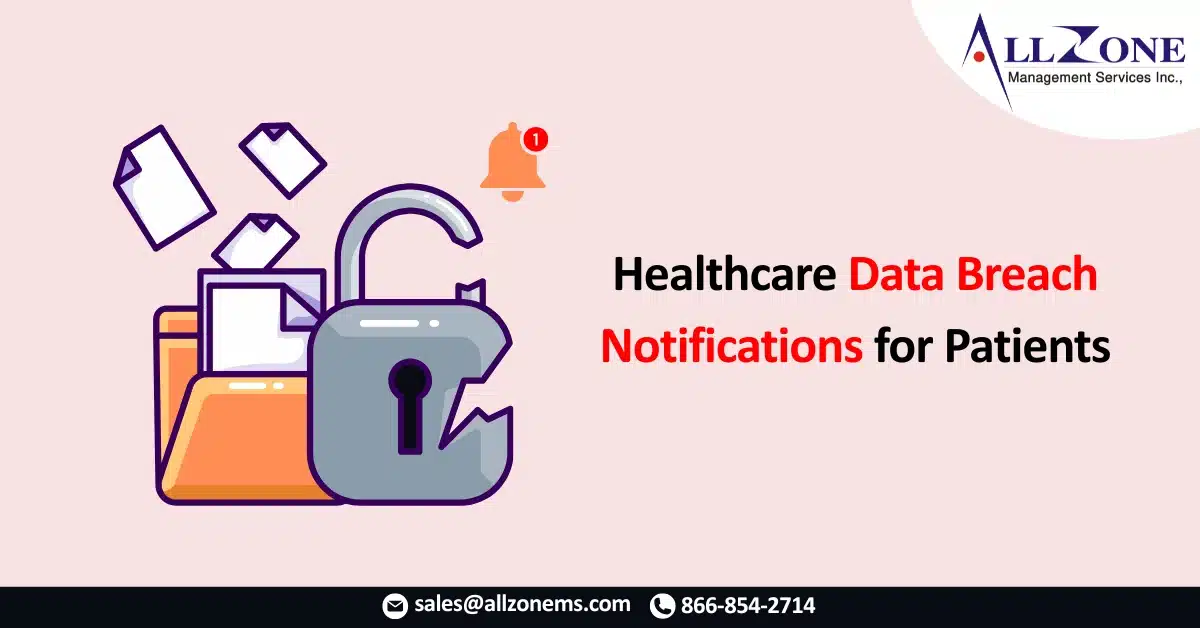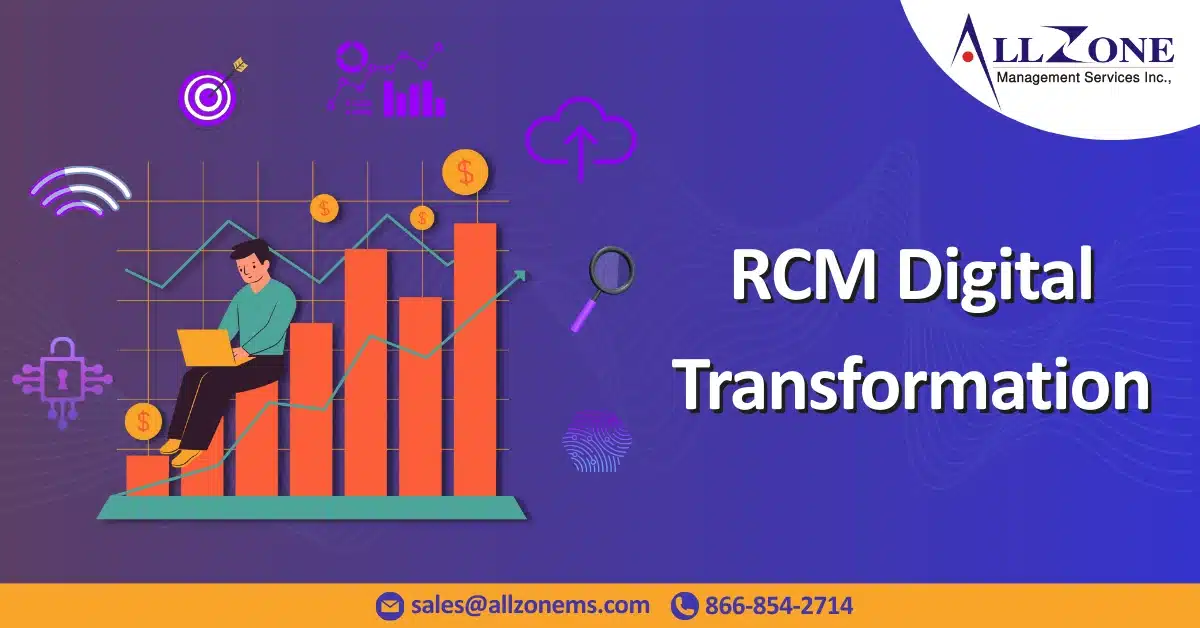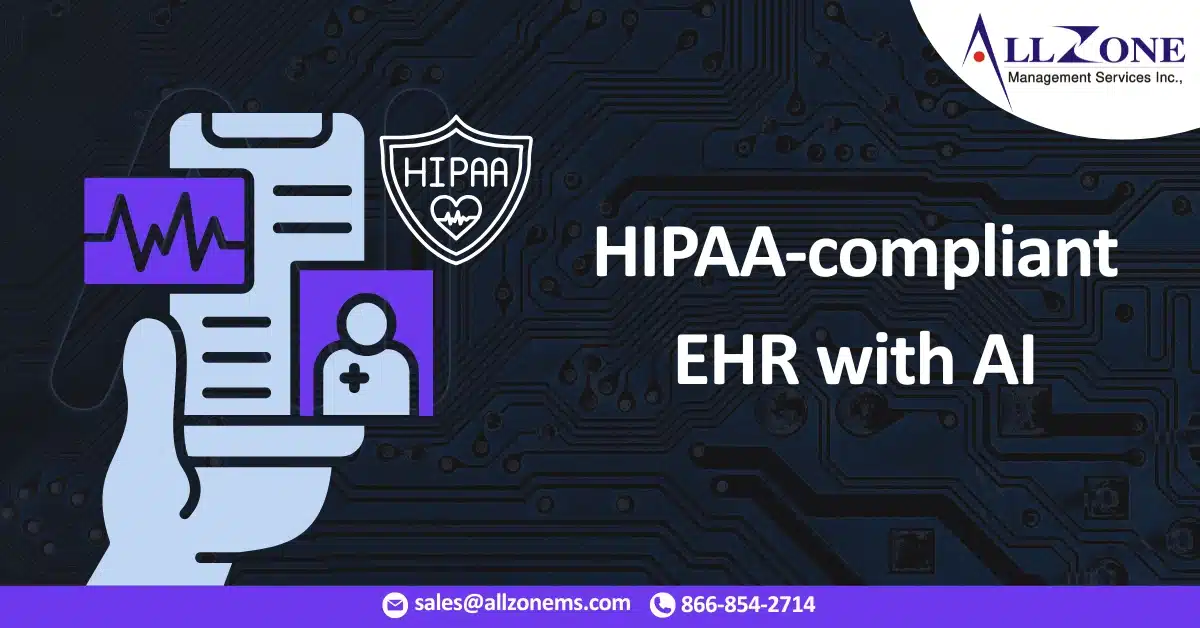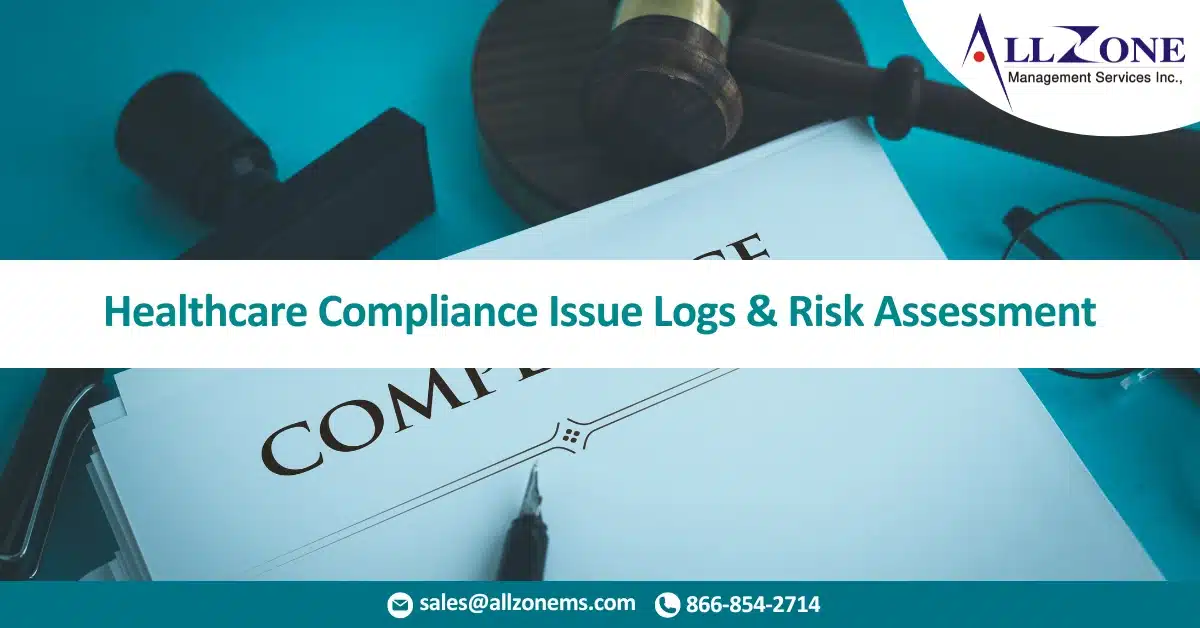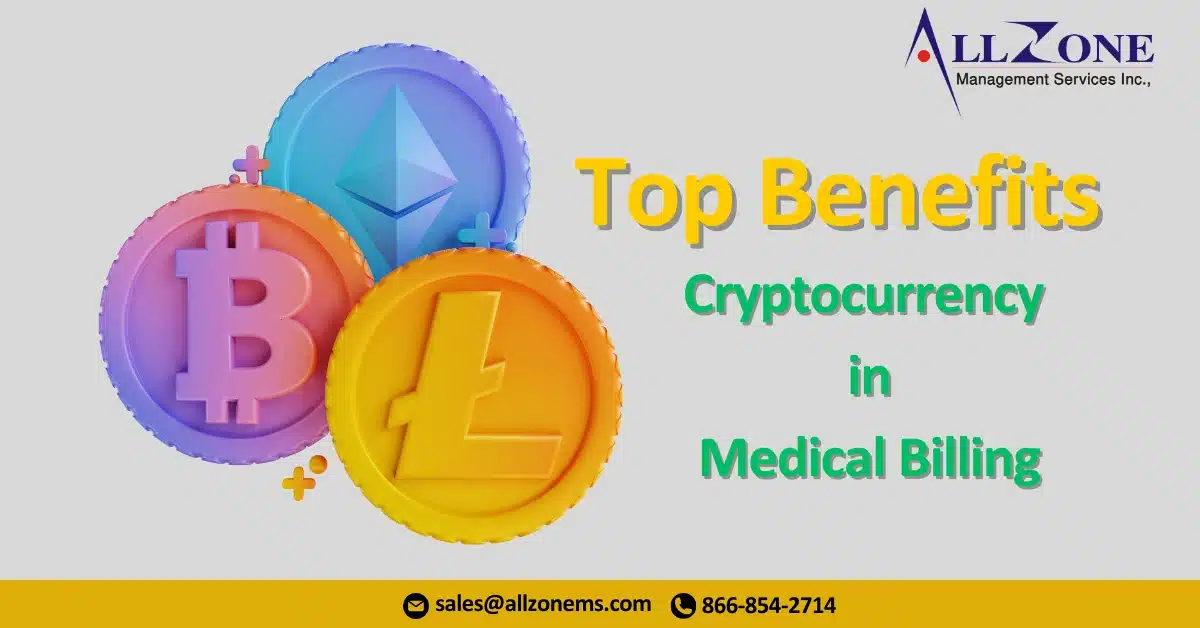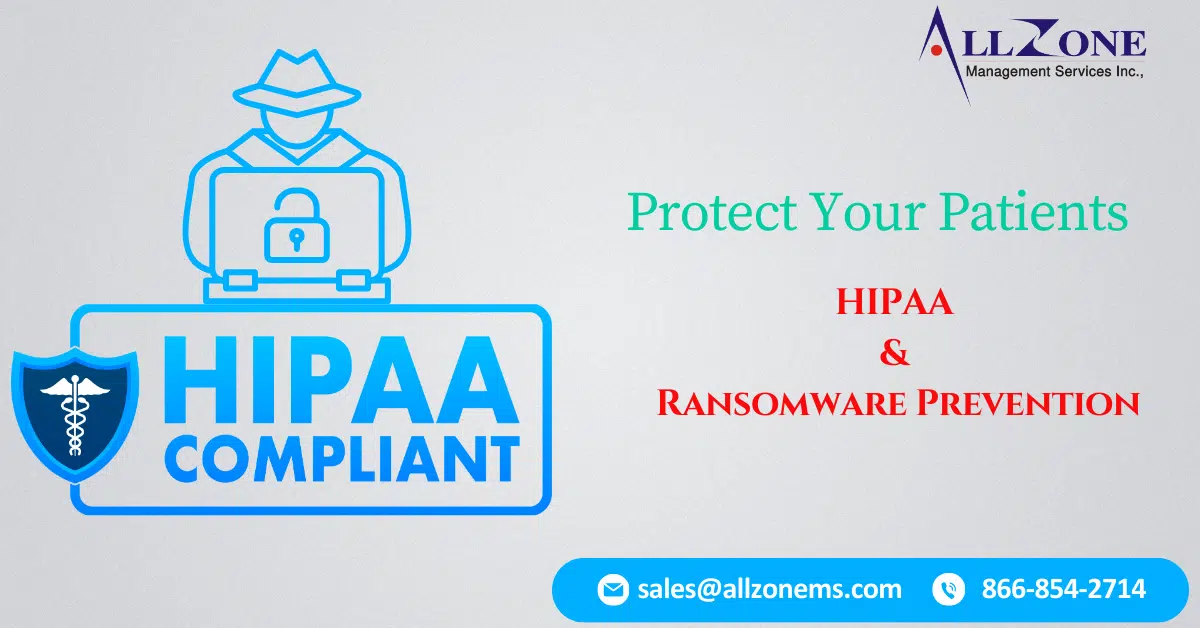In today’s evolving healthcare landscape, medical billing compliance is more than just following rules—it’s about safeguarding your organization from costly fines, legal risks, and reputational damage. Non-compliance in billing and coding can trigger audits, revenue loss, and even exclusion from federal healthcare programs like Medicare and Medicaid. At Allzone Management Services, we help healthcare providers […]
In today’s evolving healthcare environment, medical billing compliance is more than just a legal requirement—it’s a strategic safeguard for your medical practice. As regulations tighten and audits become more frequent, staying compliant with medical billing standards helps protect your practice from costly fines, revenue losses, and reputational damage. What Is Medical Billing Compliance? Medical billing […]
In today’s digital age, patient health information (PHI) is increasingly stored and managed electronically. While this shift improves efficiency and accessibility in healthcare, it also introduces significant data privacy and security challenges. One critical area of concern is healthcare data breach—incidents where patient data is accessed, disclosed, or stolen without authorization. Under the Health Insurance […]
Revenue Cycle Management (RCM) has undergone significant RCM Digital Transformation over the past decade, revolutionizing how healthcare providers and organizations manage their financial processes. In 2025, staying ahead in RCM requires more than just automation; it demands a holistic approach that integrates artificial intelligence (AI), machine learning (ML), data analytics, and patient-centric solutions to enhance […]
A HIPAA-compliant EHR with AI and automation not only ensures regulatory compliance but also leverages advanced technologies to enhance security, improve efficiency, and streamline healthcare workflows In an era where data breaches and cyber threats are at an all-time high, the need for a secure electronic health record (EHR) system has never been more critical. […]
Revenue cycle management (RCM) is the financial backbone of any medical practice, ensuring timely reimbursement while maintaining compliance with ever-evolving regulations. However, many practices unknowingly face significant compliance risks that can lead to claim denials, audits, financial penalties, and even legal consequences. Common pitfalls include billing and coding errors, fraud and abuse violations, HIPAA breaches, […]
Troubleshooting and insurance: These are the dual purposes of maintaining a detailed Healthcare Compliance Issue Logs, according to a senior compliance executive. Speaking at AAPC’s HEALTHCON Regional, the senior compliance executive highlighted the Office of Inspector General’s (OIG) new voluntary compliance guidance, emphasizing its importance even for organizations already familiar with the seven elements of […]
The U.S. Department of Health and Human Services (HHS) has issued a Notice of Proposed Rulemaking (NPRM) aimed at strengthening the HIPAA Security Rule. If finalized, these HIPAA Security Rule updates will significantly impact the healthcare sector. HHS has highlighted that healthcare breaches pose far greater risks than breaches in other industries. In announcing the […]
Cryptocurrency benefits medical billing by revolutionizing the industry. It offers a decentralized digital currency that serves as a medium of exchange, similar to traditional money. This innovative approach facilitates secure digital transactions, making counterfeiting nearly impossible due to the robust cryptography employed. Another key advantage is that cryptocurrency operates outside government authority, eliminating taxes or […]
The U.S. Department of Health and Human Services (HHS) recently announced a $250,000 settlement with a Washington-based healthcare provider for alleged HIPAA violations. The violation stemmed from a ransomware attack and subsequent investigation by the HHS Office for Civil Rights (OCR) Ransomware Attacks and HIPAA Compliance: Protecting Patient Data: This settlement highlights a growing concern […]

